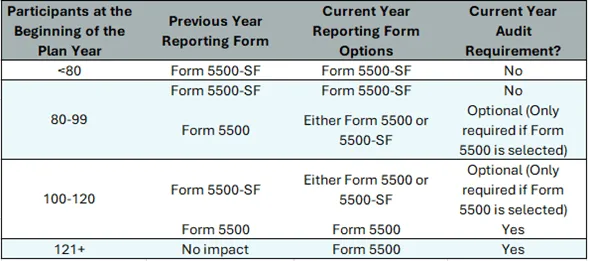
Running a mature business requires timely and accurate information to answer mission-critical questions, such as: Which revenue stream is most profitable? Are you on track to meet your growth goals? Where and when should you invest capital back into the business?
If the processes that produce your company’s accounting information are inefficient or set up improperly, then a financial statement audit can do more than ensure compliance—it can reveal hidden opportunities for growth.
5 Hidden Benefits of a Financial Statement Audit
You have a valuable ally in your audit firm. Each year, they dive deep into your financial and operational processes. As a result, they understand your business at a level that is only surpassed by you and your management team.
Are you tapping into the full value of a financial statement audit? Following are just a few examples of ways that auditors might help their private company clients uncover hidden inefficiencies, potential risks, and opportunities for improvement.
- Optimizing Profitability with Accurate Revenue and Costing: Accurate information regarding revenues and costs is crucial, especially when you’re trying to evaluate where to invest energy and resources. Auditors often identify instances where revenue recognition and cost accounting can be improved. By dialing in those processes, you will gain a clearer understanding of which product lines are truly profitable.
- Streamlining Your Expense Management: To make the right decisions that will drive your business forward, you need to know the status of your business now—not two months after the fact. If your month-end close process is getting bogged down due to spending excessive time tracking employee expenses, your auditors can suggest software that can provide live expense information.
- Using Trend Analysis to Make Proactive Decisions: As part of their testing procedures, auditors often perform trend analysis to assess whether an item (such as gross profit margin) is in line with historical results and investigate the cause of fluctuations. In the case of decreasing margins, zeroing in on the root cause of the problem quickly will leave you better positioned to reverse that trend.
- Strengthening Internal Controls to Reduce Risk: Staffing challenges often mean fewer people taking on more responsibilities. When it comes to accounting processes, that lack of segregation of duties is a well-known recipe for financial errors or fraud. Your auditors are able to call out any areas where certain processes can benefit from an additional level of review.
- Boosting Operational Efficiency: When processes aren’t as efficient as they could be, there are real costs to the business. Not only are you spending unnecessary time and money, but there might be opportunity costs as a result. Auditors are highly attuned to inefficiencies and ways to grease the wheels to keep things moving. For example, you can expect them to uncover manual processes that could be automated and recommend automation software that fits your business.
Long-Term Client Relationships Fuel Business Insights
We believe that timely knowledge is powerful. That’s why Copeland Buhl auditors maintain ongoing dialogue with you throughout the audit process, providing real-time insights and support. So when you get to the audit wrap-up meeting, you can make the most of our recommendations to improve your business and achieve your growth goals.
If you are a growth-oriented business looking for a dynamic, client-focused audit firm, reach out to Copeland Buhl.






